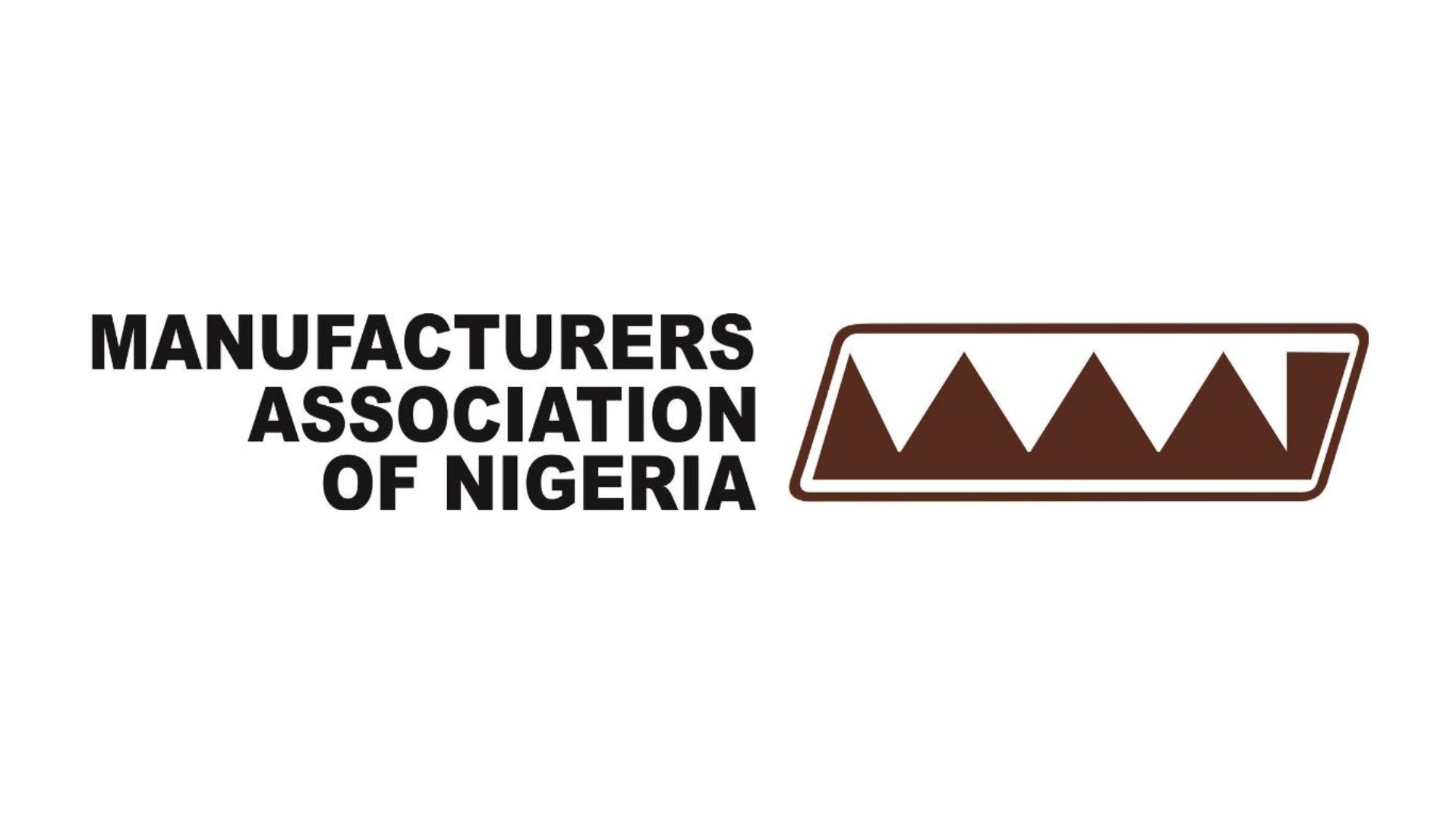Business
Mass Metering: MAN Decries Sidelining Local Manufacturers

The Manufacturers Association of Nigeria (MAN) has decried ongoing moves to displace local meter manufacturers and assemblers in the second phase of the National Mass Metering Programme (NMMP).
Director General (DG) of MAN, Mr Segun Ajayi-Kadir, said this in a statement while reacting to the government’s implementation process of the NMMP Phase II World Bank funded supply of 1.2million smart energy meters.
According to the MAN’s DG, the move poses a grave danger to the power sector, and will drastically reduce the job opportunities that would be created by engaging local manufacturers.
He stressed the need to guide against a repeat of the scenario in 2012 when local manufacturers were sidelined, which resulted in the supply of substandard meters by foreign companies.
He said, “The advertised financial requirements and technical specifications by the Transmission Company of Nigeria (TCN) appeared skewed against local manufacturers, as they are outrageously stringent and negate the Central Bank of Nigeria (CBN) guidelines for the implementation of NMMP.
“This is a Federal Government intervention in the power sector to accelerate energy meter supply in the country to bridge the metering gap and ought to be in sync with our overall national economic development objectives.
“We warn that this portends grave danger for the power sector as we may be witnessing a repeat of the ugly scenario in 2012 when local manufacturers where sidelined in the meter supply and the nation was greeted with supply of substandard meters supplied by the foreign companies that were awarded the contract that were later removed from the network.
“The position of the TCN that installation will provide employment opportunities to Nigerians will completely pale into insignificance when compared with a ratio of 1 to 10 jobs that will be created if local manufacturers are included in the scheme”.
“In keeping with the Federal Government’s backward integration policy and the advent of the NMMP intervention, manufacturers have made huge investments in expansion of manufacturing capacities and trained highly skilled workforce to meet the demands of the power sector,”Ajayi-Kadir further said.
“The seeming intentional denial of the local manufacturers does not take into cognizance their sterling performance where they deployed and installed 611,231 energy meters across the country between 2019 and 2021.
“They also did the same for one million energy meters across the country under the phase zero of NMMP.
The MAN DG said the subsisting Executive order 003 on patronage of made in Nigeria products which gives priority consideration to local businesses should be adhered to.

